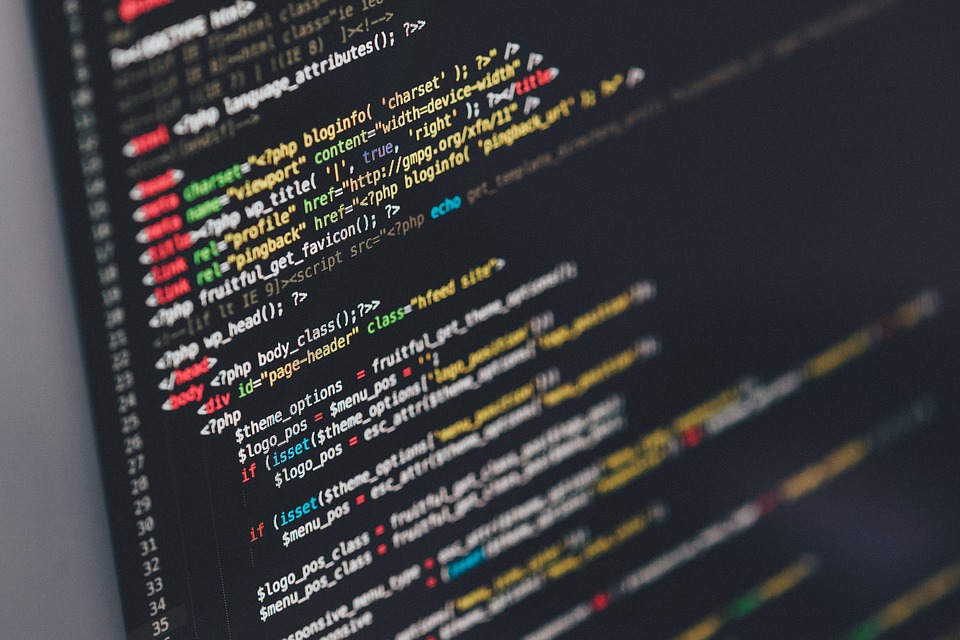May 2019

Going into the research, before I saw the data I would be working with, I assumed my skills would be transferable. Looking back now, to some degree they were but not entirely. Here’s the thing about computer programming: it’s a language. While languages may each share a common foundation, they are very different. Learning R was a mental exercise for me. At times it was easy, but other times it was frustrating. I knew what I wanted to do, and how in another coding language I could accomplish that, but then I would gaze at the R script in confusion of where to begin.
In R, packages are the heavy lifters of the program. Many of them come with the language and others can be installed along the way. These packages are groups of compressed code that can carry out numerous functions. Being able to use packages to your advantage is a powerful tool.
If you are starting to use R or are interested in learning I have some advice.
1. Prepare yourself. I wish before I had started that I read more about R and understood the language better. If you can, sign up to take a course. While learning programming on your own is possible, it is helpful to have some knowledge of the subject to work from. Reading as much as you can in preparation can decrease the confusion you may encounter has you get into the nuances of the language. My project focused heavily on statistical calculations, some terms I knew, but many I was learning for the first time. Truly understanding the ideas you are working with can make the process much easier.
2. Watch tutorials. Watching instructive videos is a great way to learn new concepts especially when you are not in the classroom with a teacher to help. When searching through YouTube I found many tutorials that were helpful. Listening and watching someone else work out codes made it easier to troubleshoot the errors in my own code.
3. Ask for help. It is easy to get stuck in the trenches of variables, loops, and other programming operations. Don’t be afraid to reach out for help. Find people that are experienced in coding and learn from them.
An online instruction site for understanding concepts: https://www.datacamp.com/
A forum where you can find answers to coding questions: https://stackoverflow.com/
---Kalifa Stringfield
Kalifa Stringfield is a Masters student in the College of Engineering